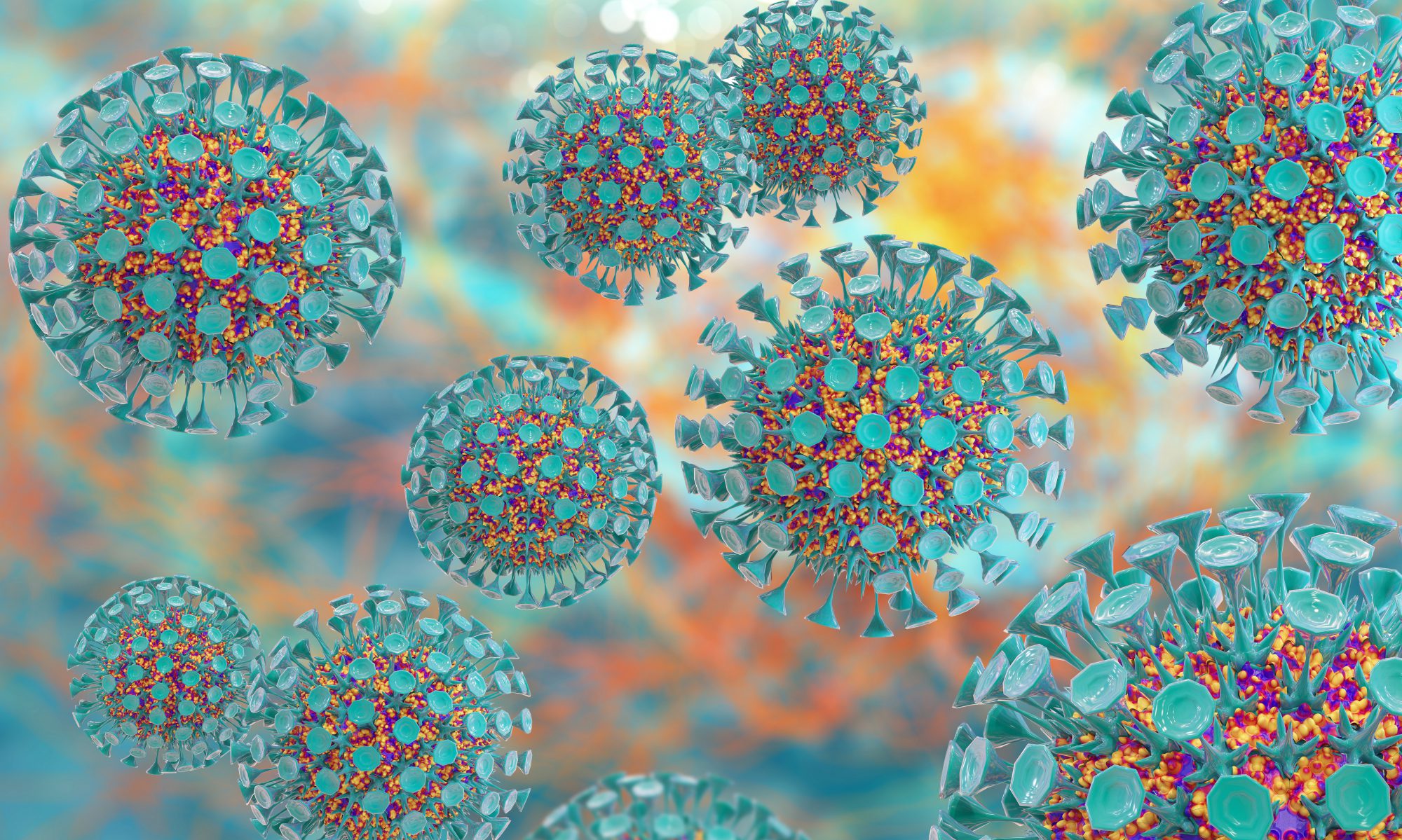The Vaccine Group (the “Company” or “TVG”) is to play a central role in a multi-million-dollar project to protect US military forces and homeland from Ebola, Lassa fever and other deadly zoonotic viruses that jump from animals to humans.
The University of Plymouth spin out is a principal partner in an international team of scientists awarded up to US$9.67million (£7.4 million) by the US government’s Defense Advanced Research Project Agency (the “Agency” or “DARPA”). The Company was established by Dr Michael Jarvis, Associate Professor in Immunology and Virology in the University’s Institute of Translational and Stratified Medicine.
The project is led by the One Health Institute in the UC Davis School of Veterinary Medicine and the Center for Comparative Medicine in the UC Davis schools of Medicine and Veterinary Medicine.
TVG’s role will be to develop novel vaccine technologies which enable scalable vaccination of remote and hard-to-reach wildlife animal populations that harbour zoonotic viruses. Frontier IP, which provides commercialisation services to university spin outs in return for equity, holds a 19.2 per cent stake in TVG.
The aim of the three-and-a-half-year project, part of DARPA’s Preventing Emerging Pathogenic Threats (PREEMPT) program, is to predict where zoonotic viruses might arise and then prevent them from spilling over into humans.
TVG’s other partners in the project will work on analytic tools to predict when a zoonotic virus in a geographic hot spot is most likely to make the jump from animals into humans.
Although PREEMPT is intended to protect US military service members and the local communities where they operate, it reflects increasing concern among global health agencies about the potential pandemics emerging from animals to infect humans. Diseases can arise from domestic and wild animals, including fruit bats, gorillas, pigs, rodents and poultry. TVG’s project work will initially focus on Lassa fever in rats and Ebola in non-human primates.
TVG’s novel technology is based on safe forms of cytomegaloviruses (CMV) that are naturally prevalent in nearly all animals, including humans. The vaccines are created by modifying the CMV viruses – inserting small regions of the viral pathogen being targeted to stimulate immune responses against the virus prior to possible exposure.
Because the resulting vaccine is CMV-based, it has the potential for wide uptake within an animal community. Once a critical mass of animals has been immunised, the zoonotic disease no longer poses a danger to humans.
TVG and its partners will explore the safety and efficacy of such scalable countermeasures and delivery mechanisms. The Company is also developing techniques to accelerate vaccine development.
For the PREEMPT project, TVG is collaborating with leading academics and institutions from across the world on the project. As well as the One Health Institute, UC Davis, the principal partners also include the Center for Comparative Medicine UC Davis, and the University of Idaho.
Other key partner institutions involved include the Heinrich Pette Institute, Leibniz Institute for Experimental Virology in Germany, the University of Glasgow, The Institute of Respiratory Health at the University of Western Australia in Australia and the University of Makeni and Ministerial Governmental partners, Sierra Leone.
The vaccine technology being developed by TVG can also be used conventionally, through injections and sprays. Early stage trials show it has the potential to be longer lasting than existing vaccines, with an early application being developed to combat bovine TB.
DARPA PREEMPT program manager Brad Ringeisen said: “DARPA challenges the PREEMPT research community to look far left on the emerging threat timeline and identify opportunities to contain viruses before they ever endanger humans. We require proactive options to keep our troops and the homeland safe from emerging infectious disease threats.”
The Vaccine Group founder and director Dr Michael Jarvis said: “This highly collaborative project epitomizes the modern approach to science. The way DARPA has designed PREEMPT has brought together key scientific expertise from around the world towards solving the major threat of pandemic disease. Not only will this project benefit US military personnel. It also has the potential to benefit the global population as a whole.”
Frontier IP chief executive Neil Crabb said: “We are very excited our portfolio company The Vaccine Group and its unique technology has such an important part in a project that could result in a breakthrough in how potential pandemics are prevented.”
UC Davis Center for Comparative Medicine co-principal investigator and professor emeritus Peter Barry said: “A vaccine designed for broad uptake within a specific animal community could be a game changer by enabling large populations of animals to be protected against emerging diseases. If we can disrupt the spread of a virus within an animal community, we will help to eliminate the threat of animal diseases ultimately spilling over into humans.”


